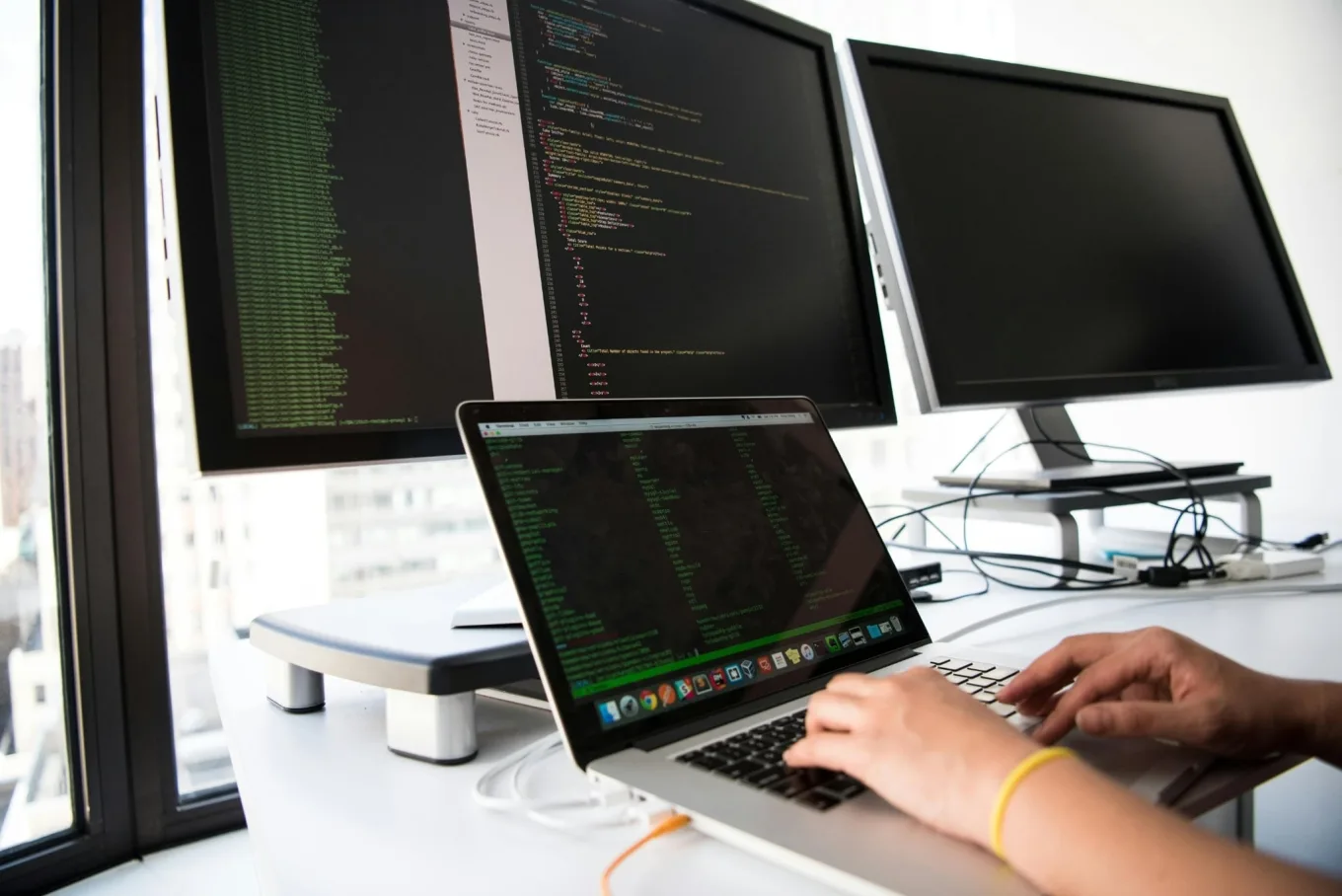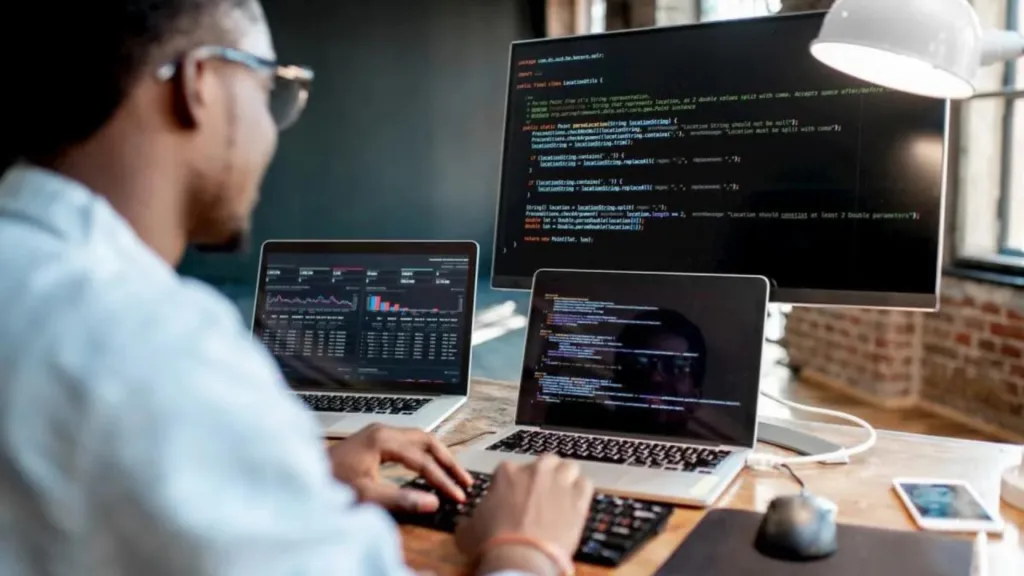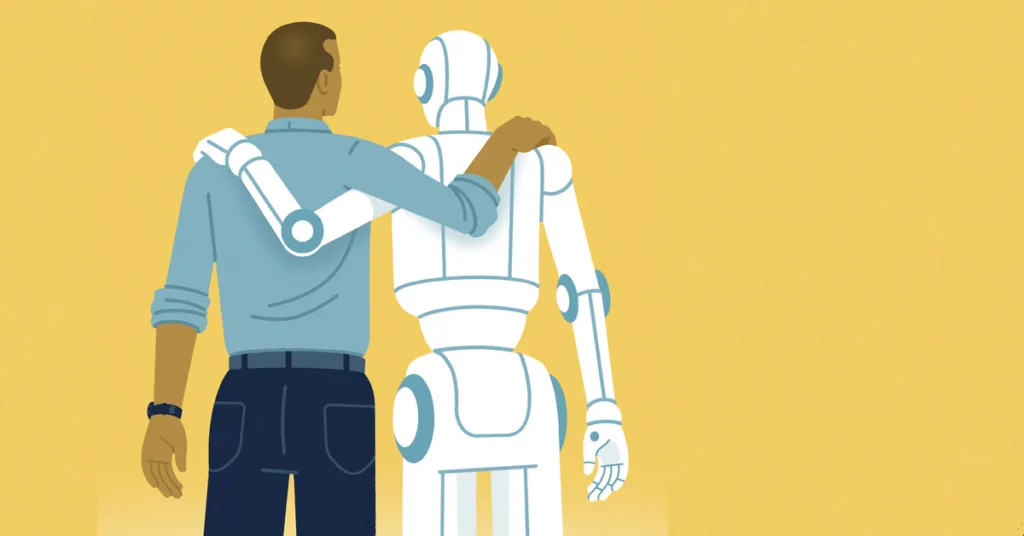AI Won’t Replace You If You Learn to Use It!

As artificial intelligence (AI) continues to develop at an incredible pace, many are left wondering how it will impact the workforce. Concerns about AI replacing human jobs—especially in fields like IT, accounting, and other technical sectors—are growing. However, opinions on role in the future of work vary. Some view as a threat, while others believe it will only replace workers who fail to adapt. So, the big question remains: will lead to mass unemployment, or will it simply change the way we work?
AI’s Impact on the IT and Accounting Fields
The world of IT and accounting has already seen significant changes due to it. A reader from VnExpress shared his thoughts on the impact of in the IT sector: “it might not fully replace humans in the near future, but it helps people work faster and more efficiently. When work gets done faster, fewer workers are needed.” As an IT professional, he acknowledges potential to revolutionize industries, but believes those who adapt to capabilities will remain valuable in the workforce.
The fear of replacing workers in the accounting industry has been particularly alarming. An expert once predicted that could replace up to 80% of human accountants. This has caused anxiety among young professionals who worry about the future of their careers. The key question here is: Will make human accountants obsolete, or will they simply need to evolve?

Mastering to Stay Relevant
One reader suggests that instead of fearing , workers should master the tools that will help them work alongside it. “To reach the level of , I need to master both specialized accounting software and advanced Excel skills like SQL and BI to process data efficiently. This takes at least three years of constant practice,” the reader explains. In this view, AI is not a replacement, but a tool that requires human expertise to make it effective.
Additionally, in markets like Vietnam, many small and medium-sized businesses are hesitant to invest heavily in it. The reader points out that if still requires human oversight, companies may choose to hire accounting services rather than purchase expensive -powered software. In these situations, human accountants are still essential to tasks like collecting and entering data, negotiating contracts, and setting prices—tasks that AI simply cannot handle.

AI’s Limitations: Why Humans Are Still Needed
While has undoubtedly transformed industries, its limitations become clear when we consider the complexities of certain tasks. For example, even businesses with fully powered software still manually calculate payroll before inputting final figures into the system. “ can’t do that, but humans can,” one reader commented, highlighting the ongoing need for human involvement in crucial processes.
Moreover, in sectors like accounting, where regulations and laws are constantly changing, it faces an ongoing challenge. “When Vietnam’s accounting laws change, who will update the , and how much will that cost businesses?” the reader asks. This reveals that even as it becomes more prevalent, the need for human workers to update and maintain these systems will remain.
The Fear of AI Replacing Jobs: A Historical Perspective
The fear of technology replacing jobs is nothing new. When robots and machines first appeared on factory floors, workers were afraid of losing their livelihoods. However, many businesses couldn’t afford to implement these technologies, limiting their impact. Today, we are facing a similar situation, with replacing robots as the next big fear. But just like with robots, the real question is: who can afford to invest in it?

One reader offers an optimistic perspective: “ only replaces those who don’t know how to use it. Skilled workers who leverage as a tool won’t lose their jobs.” This sentiment suggests that workers who learn to adapt and incorporate into their skill set will thrive, rather than be replaced.
AI as a Tool, Not a Threat
Another key point raised by readers is that , like ChatGPT or Gemini, requires human input to function effectively. For instance, models may generate inaccurate information when given incomplete data, potentially leading to serious errors in fields like accounting. “ can’t generate accurate reports without human input. Someone still needs to verify the numbers,” a reader notes, emphasizing the ongoing need for human oversight.

While has the potential to drastically change the way we work, it is clear that humans still play an essential role in ensuring the accuracy and efficiency of these systems. Those who see as a tool, rather than a replacement, will likely find new opportunities to enhance their careers.
Conclusion: Embrace AI to Stay Ahead
The future of work in an driven world may seem uncertain, but one thing is clear: those who adapt and learn to work alongside will continue to thrive. Whether in IT, accounting, or other industries, is transforming the way we do things, but it is not necessarily replacing humans. The key to staying relevant in the workforce is to embrace as a tool, mastering the skills needed to work effectively with it. In this new era of technology, it’s not about fearing it’s about evolving with it.






